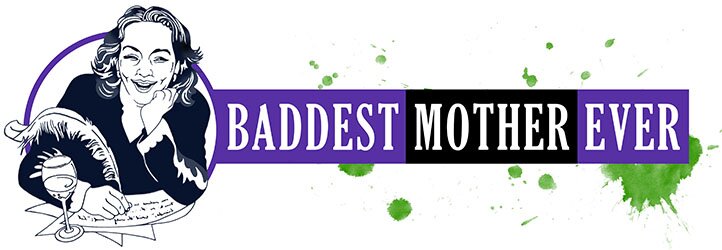The last poem in Raymond Carver’s collection A New Path to the Waterfall is called “Late Fragment.” Legend has it that his wife, Tess Gallagher, found it scribbled on a scrap of paper in the pocket of his bathrobe a few weeks after he died from brain cancer.
And did you get what
you wanted from this life, even so?
I did.
And what did you want?
To call myself beloved, to
feel myself
Beloved on the earth.
Raymond Carver screwed up most of his life with alcohol, but he spent the last eleven years of his brief time on this earth sober, successful, and happily married. Then he died from brain cancer anyway. That’s how life goes, right? No promises. No deals. No rest for the wicked and only the good die young.

As I grow older and my heart gets tougher, those two words–even so?–resonate. They are the acknowledgement of all that has come before, the good and the bad, the fair and the shitty: “Did you get what you wanted from this life, even considering all that has happened to you and where you are right now and whether you deserve this fate?” Carver accepts it all with two simple words: I did.
Oh, when I read this poem for the first time, I thought I knew a thing or two about life. I was 21 and completely enthralled by a man who was totally out of my reach. He loaned me this book–he liked to lend me books and ideas and I lived to borrow them, mostly because they had been imprinted with his approval. So when this poem worked its way into my tender and untried heart, I skipped right to those last words: to feel myself/Beloved on the earth. Being beloved is the point of life, right?
Nope.
The longer I live, the more I realize that the heart of this poem, this last fragment from the crumbling mind of a bruised genius is the line just above that: To call myself beloved.
It’s not about the even so and whether it will ever be balanced out.
It’s not just about being beloved while on the earth.
The work of this life is to call myself beloved.




